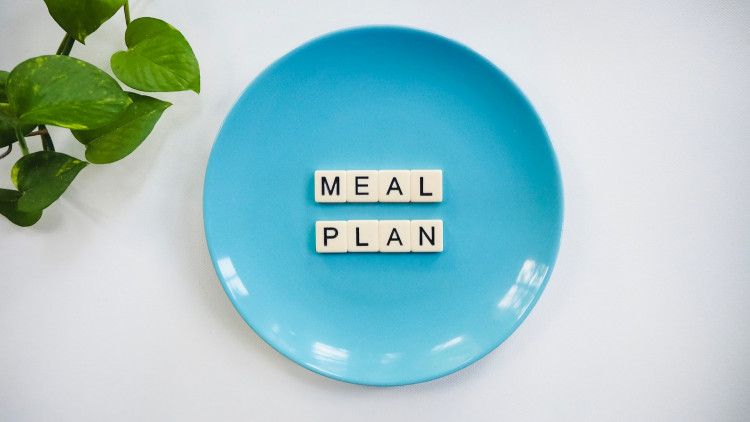There is no lack of arguments surrounding the gluten-free diet, but not consuming gluten for a non-medical purpose may also have unforeseen repercussions. Being on a gluten-free diet when you don't need to may do more damage than good.
According to a study published in December 2016 in Clinical Nutrition, one unexpected side effect of a gluten-free diet is an elevated risk for nutritional shortages like vitamin D, vitamin B12, and folate.
You may want to consider incorporating the protein back into your diet if you have gone gluten-free and fall into one of the following groups.
People on Low-Carb Diets
When it comes to gluten-free diets, the most common misconception is that these are synonymous with carb-free diets. That just isn't true.
For example, bananas are of course gluten-free but do contain carbs. According to the U.S. Department of Education, a medium-sized banana contains 27 grams (g) of carbs. A regular low-carb diet restricts carbohydrates to between 20 g and 60 g daily.
Often, most veggies and dairy products are naturally free of gluten, but also contain carbs. Gluten-free goods exclude grains like wheat, rye, and barley, but the study states that their gluten-free equivalents - gluten-free corn, quinoa, and rice - might contain almost as many carbohydrates. So if you're looking to cut down your carb intake, going gluten-free isn't going to achieve the aim.
The point of the matter is, do not auto-diagnose any kind of gluten intolerance. Because of the possible dangers, going gluten-free is not a safe option without a medical examination, and you're better off referring to a doctor if you have symptoms, a research article in the Journal of Diet and Metabolism released in March 2019 states.
People who want to lose weight
Don't mistake the hype around the gluten-free diet as evidence that it's an effective or safe tool for weight loss. There is no scientific evidence to conclude that gluten avoidance can help with weight loss.
Few people that go on a gluten-free diet will lose weight, but that's typically because they cut out foods such as chocolate, cake, and spaghetti - foods that contain gluten and are often high in calories. Since there are so many processed gluten-free foods packed with fat and sugar, according to the North American Gluten Intolerance Group, you may even gain weight on a gluten-free diet.
People without intolerances or allergies
If your body doesn't respond adversely to gluten, eliminating it really isn't essential. There is no reason to swear off any diet if it is not actually required to achieve improved health or encourage weight loss.
It is about achieving and preserving the correct mix of food classes, picking healthy ingredients, and working out what works best for your diet for better health and weight.






